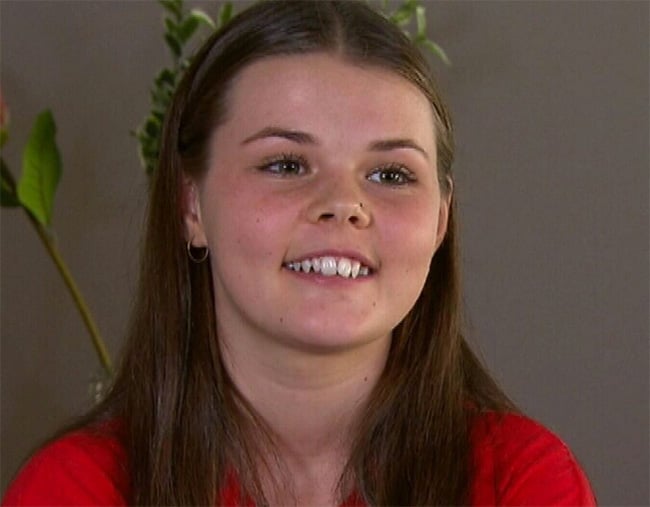
1. “I thought I was dying.” Miraculous recovery of 14-yo following potentially-lethal jellyfish sting.
Hannah Mitchell, 14, in Western Australia was swimming in the ocean with her friend Zoe on Easter Sunday when she was stung by an Irukandji jellyfish.
WATCH: Hannah talk to Nine News about her brush with death.
She thought she was going to die and now, two weeks on from the potentially lethal sting, she’s finally out of hospital and recovering well.
“It was more than pain, it was enough to think I was dying,” Hannah told Nine News.
“I could feel my lungs and my heart, everything inside me was like crumbling, it felt like it was crumbling.”
Staff at Perth’s Princess Margaret Hospital, where Hannah was flown by the Royal Flying Doctor after being stung, saved the 14-year-old’s life.
“In all honesty we probably should have put her in an induced coma 24 hours before we did and so there’s conversations that need to happen around what to do next time and make sure we are not in this position again with other families,” Hannah’s mum, Casey, said.
“I heard her say in the hospital, ‘Mum, can you just let me die? I can’t take it anymore’. Not being able to make it better as a parent has been the hardest thing.”

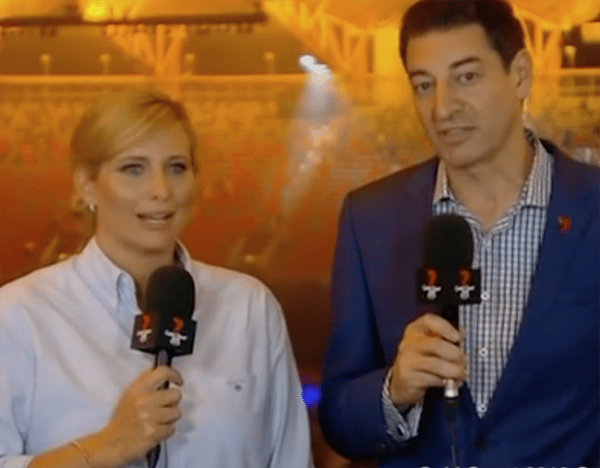

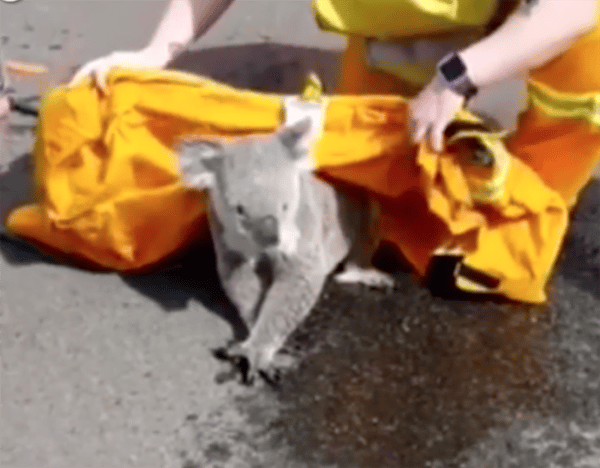
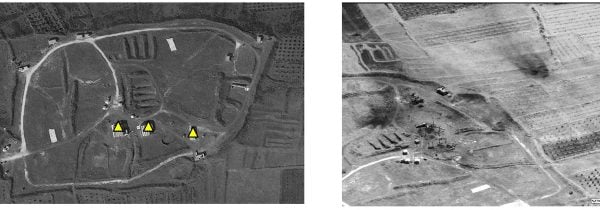
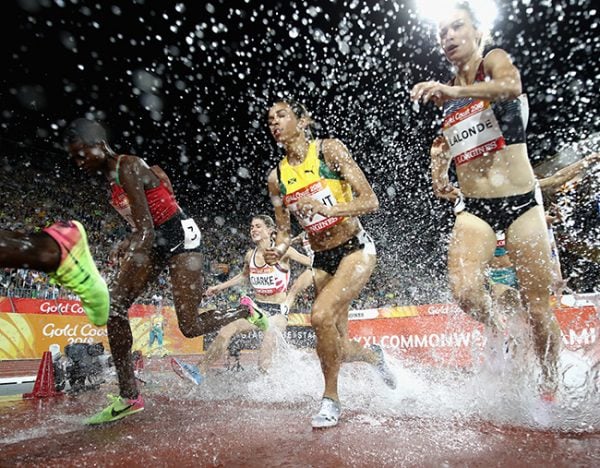
Top Comments
I remember another President saying the same thing. Nothing could've been further from the truth
Nothing like learning from the past. Now he's doubled down on and says its a 'great military term" that should be "brought back and used often."
Ah hubris.
The CNNing of the free world